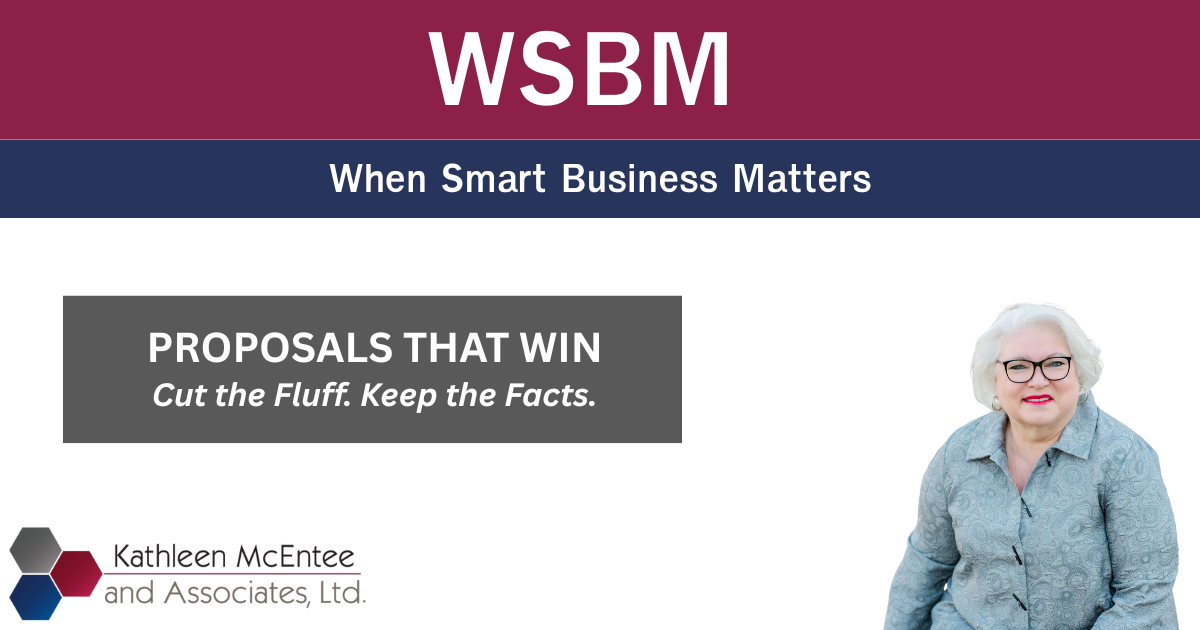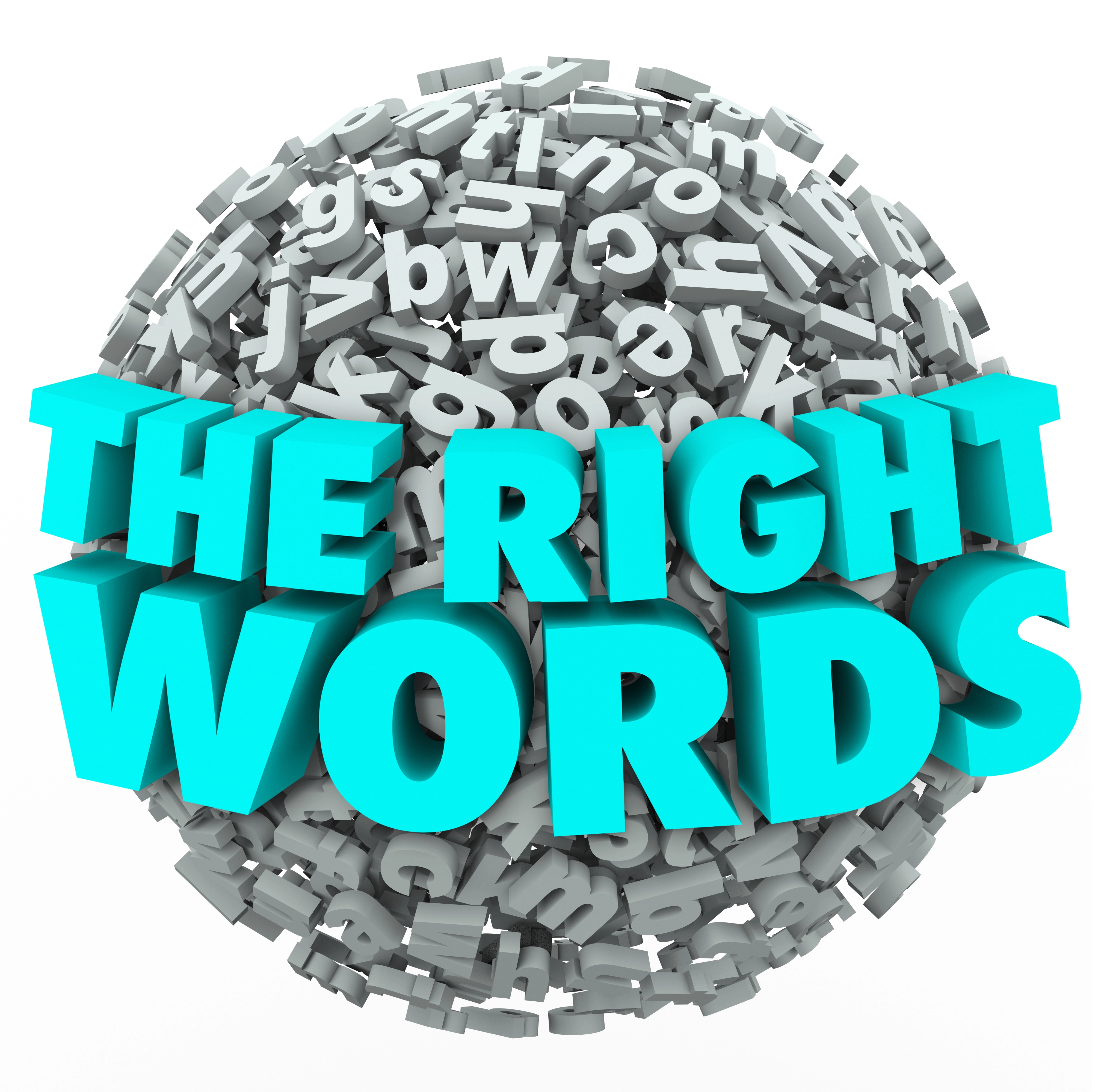
June 13, 2025
Proposals That Win: Cut the Fluff, Keep the Facts
Proposals. Everyone writes them, few enjoy them—and too many waste valuable time on ones that don’t convert.
In a world of short attention spans and crowded inboxes, you need to be clear, compelling, and concise. That means communicating just enough—facts, features and benefits—without turning your proposal into a novel or a sales pitch.
Whether you’re responding to a formal RFP or just following up after a discovery call, here are seven ways to create proposals that work:
1. Define the Project Clearly
Restate the client’s need and how your solution addresses it. Outline the project name, key deliverables and what constitutes completion. Be specific but avoid jargon—clarity is everything.
2. Outline a Realistic Timeline
Simple projects may just need a deadline. More complex ones require phases or a Gantt chart. Highlight dependencies and risks so both sides know what could cause delays—and how that affects outcomes.
3. Break Down the Fees
Whether it’s fixed-fee or time-and-materials, be transparent. List what’s included (and what’s not), your payment schedule and how long your pricing holds. If change orders are common in your industry, say how they’ll be handled.
4. List Other Anticipated Costs
Think about third-party services, rush fees or out-of-pocket expenses. Even if you’re not billing them now, flag them to avoid surprises later.
5. Be Clear on Deliverables
What exactly will the client receive—and in what format? Printed, digital, framed, raw, finished? Make sure you’re aligned on what “done” looks like.
6. Protect Your Work
If you own creative rights or IP until final payment, spell that out. Clarify archiving responsibilities and if unused ideas stay with you. Add signature lines to make it binding.
7. Keep It Clean
Design matters. Use headers, spacing and consistent fonts. Keep visuals minimal unless they add clarity. Proposals don’t have to be flashy—just thoughtful and polished.
A Quick Note on Estimates vs. Proposals
Estimates give a ballpark number. Proposals tell a story—what you’ll do, when, how and for how much. They come with expectations, timelines and accountability. And yes, a good proposal is often enforceable—even unsigned.
Closing Thoughts
If your proposals aren’t getting results, it may not be your pricing—it may be your process. The best ones strike a balance between professional and practical. Not too vague, not too pushy.
Want help making yours stand out? That’s what I do.
About Kathleen McEntee
Kathleen McEntee is the founder of KMA, a marketing firm that helps businesses look and sound like the leaders they are. With over 20 years of experience working with companies of all sizes, she brings clear, honest and effective marketing strategies that drive results.

